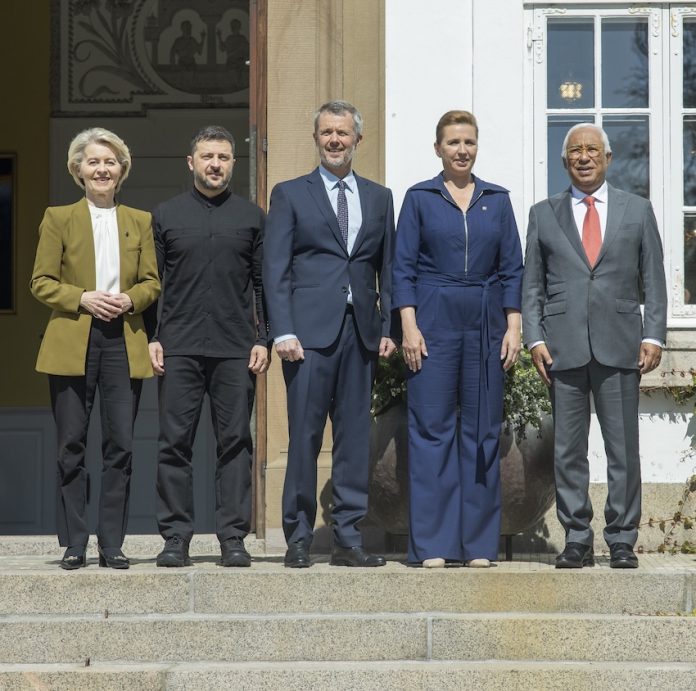Edited by Anna Popper
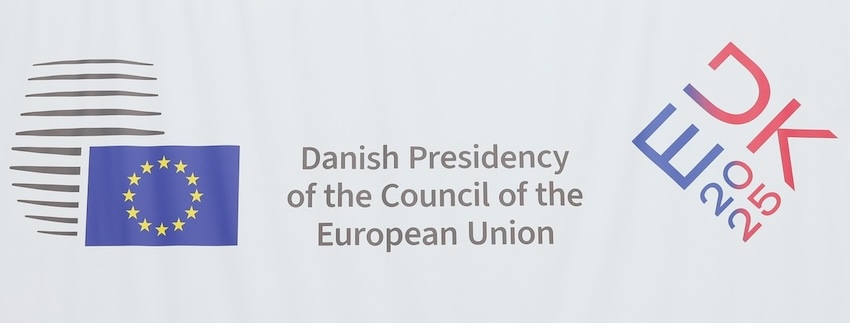
On 1 July 2025, Denmark took over the rotating Presidency of the Council of the European Union from Poland. This marks the eighth time Denmark has assumed this responsibility since joining the EU in 1973 – a task that each of the 27 member states undertakes roughly once every 13.5 years.
The opening ceremony of Denmark’s EU Presidency was held on 3 July 2025 at Aarhus City Hall. Aarhus, Denmark’s second-largest city, earned the title of European Capital of Culture in 2017.
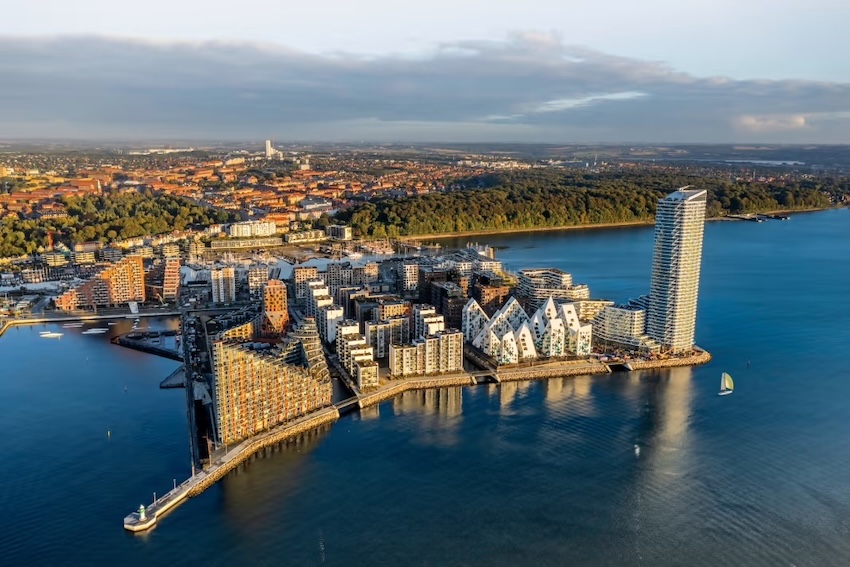
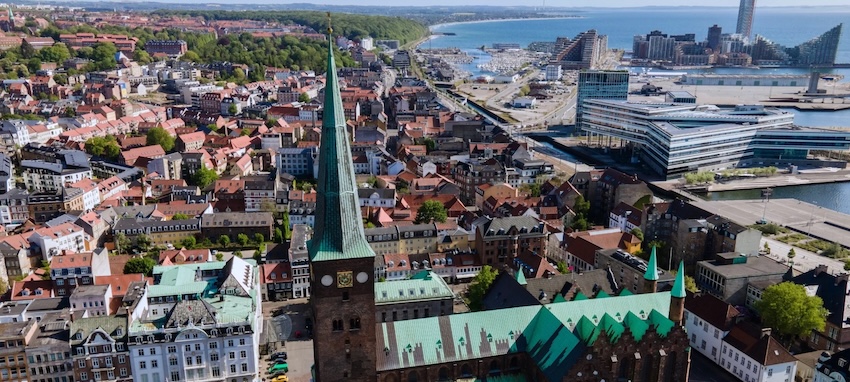
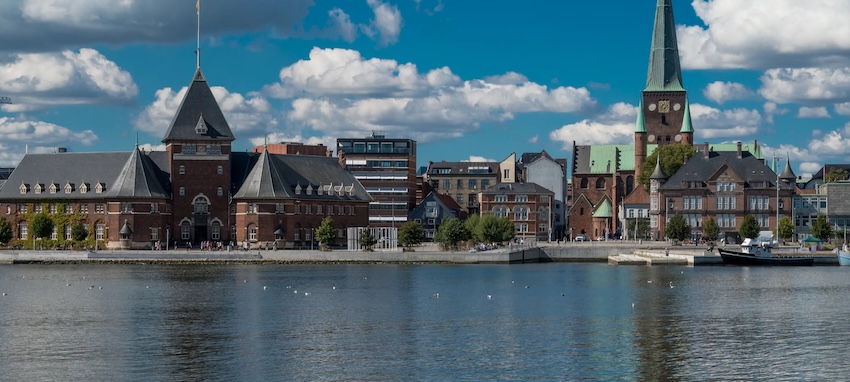
The ceremony featured the participation of the European Commission, led by President Ursula von der Leyen, and was attended by the Danish Prime Minister Mette Frederiksen together with members of her government, the President of the European Council António Costa, the EU Commissioners, and invited guests, including the Ukrainian President Volodymyr Zelenskyy. Their Majesties King Frederik X and Queen Mary of Denmark also honoured the event with their presence.












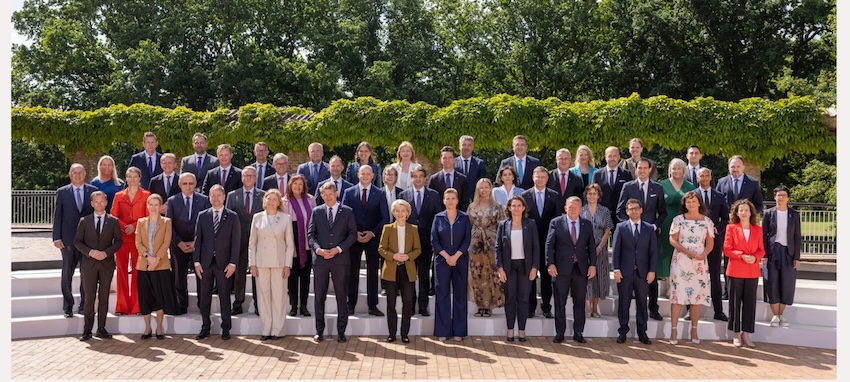
The celebration featured speeches, musical performances, and a public European street festival in Aarhus City Hall Park.



The official opening was preceded by a historic EU reception, as King Frederik and Queen Mary of Denmark hosted world leaders aboard the Royal Ship Dannebrog in Aarhus Harbour to mark the start of Denmark’s Presidency of the Council of the European Union.


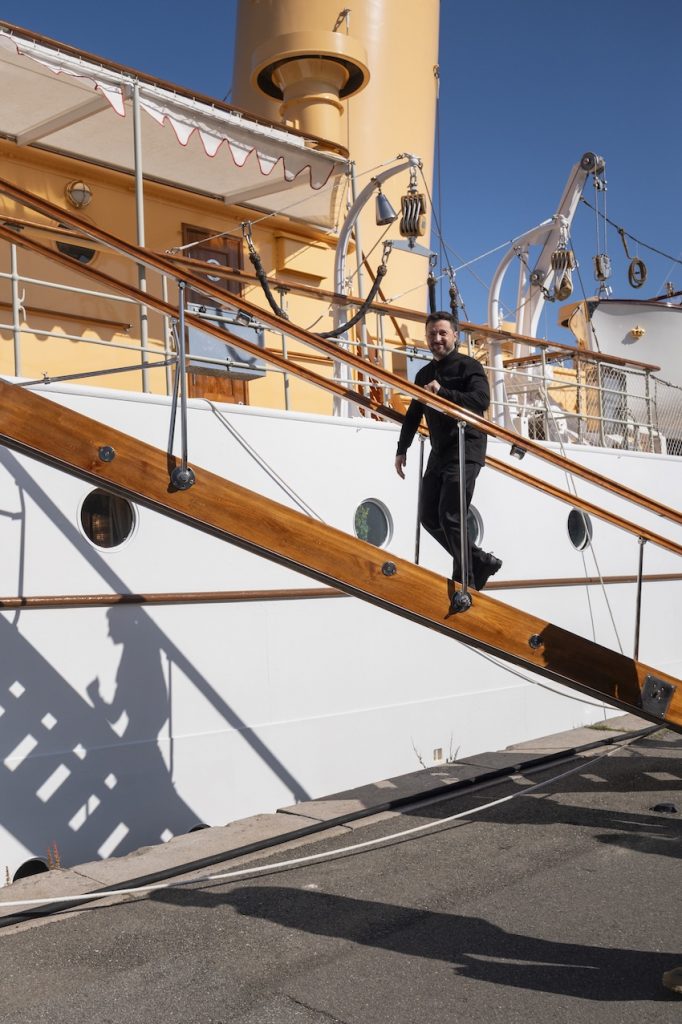
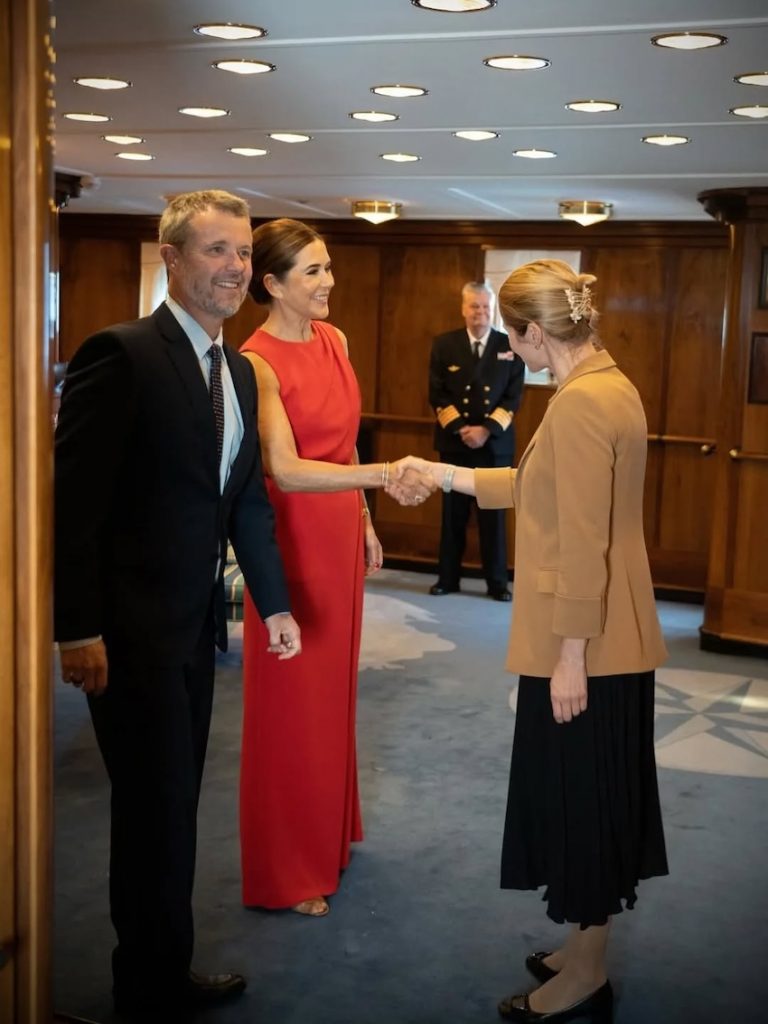
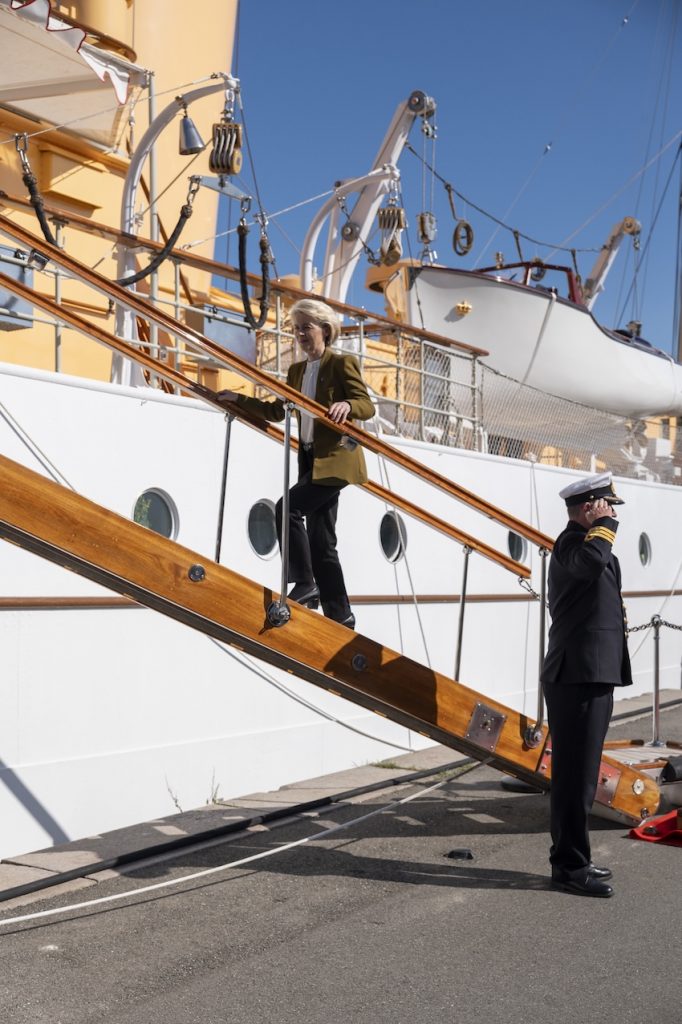
The Danish EU Presidency, which runs until 31 December 2025, comes at a time of profound international uncertainty, with global strategic competition, rising conflicts, and the continuing consequences of Russia’s war of aggression against Ukraine shaping Europe’s agenda.
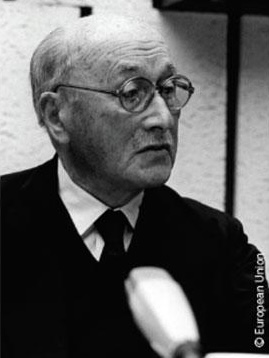
Jean Monnet, one of the founding fathers of European integration, once observed:
“Europe will be forged in crises and will be the sum of the solutions adopted for those crises.”
Against this backdrop, Denmark steps into its role with the motto “A strong Europe in a changing world”, setting two overarching priorities: building a secure Europe and fostering a competitive and green Europe.
These goals reflect both the immediate challenges and the long-term ambitions of the Union.
A Secure Europe
Security will be at the forefront of the Danish Presidency. Strengthening the EU’s capacity to defend itself, bolstering resilience against external threats, and addressing illegal migration remain key challenges and tasks. These include reinforcing external borders, combating irregular migration, and enhancing cooperation in defence and security. At the same time, Denmark emphasizes the importance of upholding European values and protecting the international legal order – foundations on which the Union’s security ultimately rests.
As Prime Minister Mette Frederiksen stressed when outlining the Danish EU Presidency’s program to the European Parliament in Strasbourg: “We must be able to defend ourselves by 2030 at the latest.” She further underlined the EU’s unwavering commitment to Ukraine: “Our donations to Ukraine are not charity – they are the direct defence of Europe.”
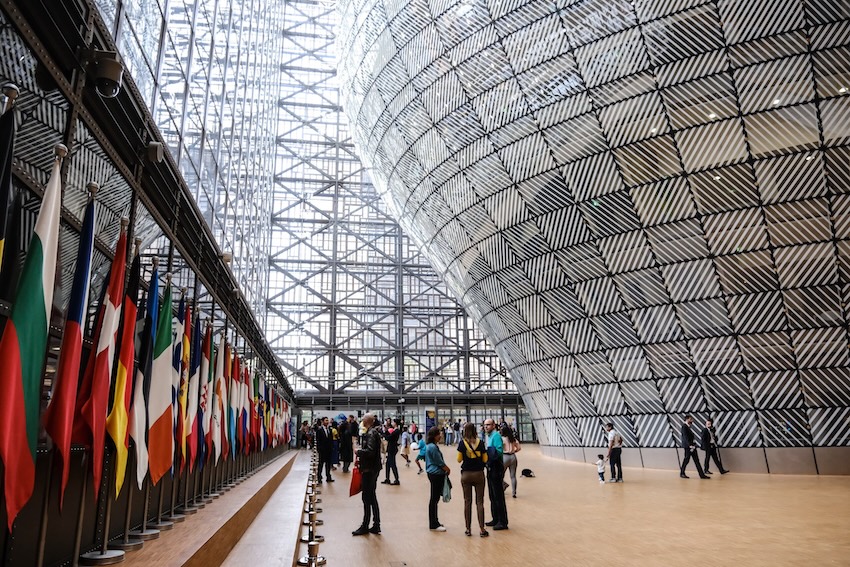
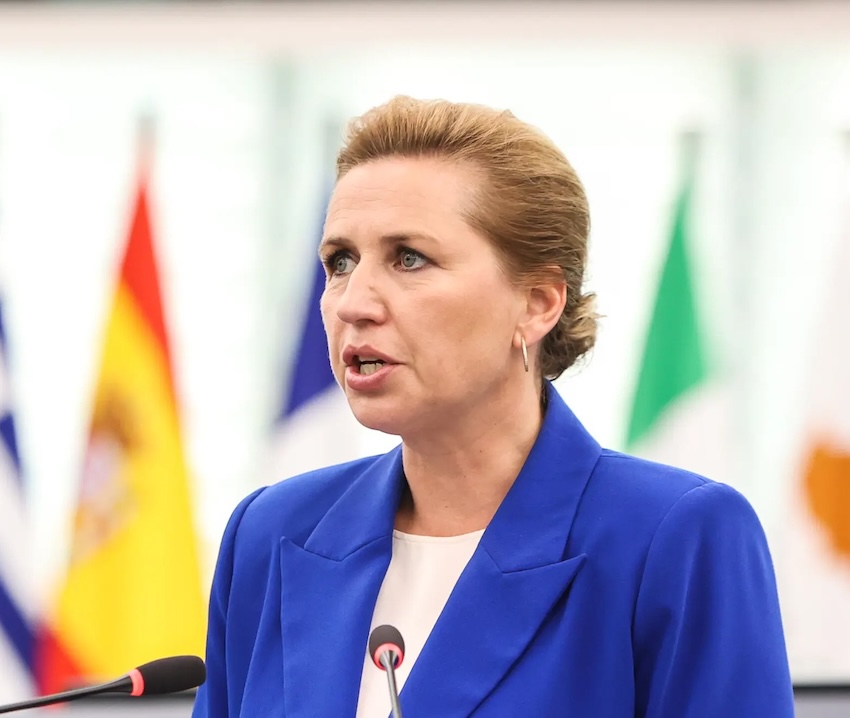
A Competitive and Green Europe
Denmark sees Europe’s competitiveness and its green transition as inseparable. Advancing the European Green Deal, cutting emissions, and safeguarding natural resources will be linked with policies to drive innovation, support sustainable industry, and strengthen Europe’s leadership in technologies such as artificial intelligence and quantum computing.
Frederiksen also cautioned against complacency: “Europe is falling behind – and we ourselves bear a large part of the responsibility.”
The Danish Presidency will therefore focus on reducing bureaucracy, simplifying EU regulations, and easing the path for small and medium-sized enterprises (SMEs), which are the backbone of Europe’s economy.
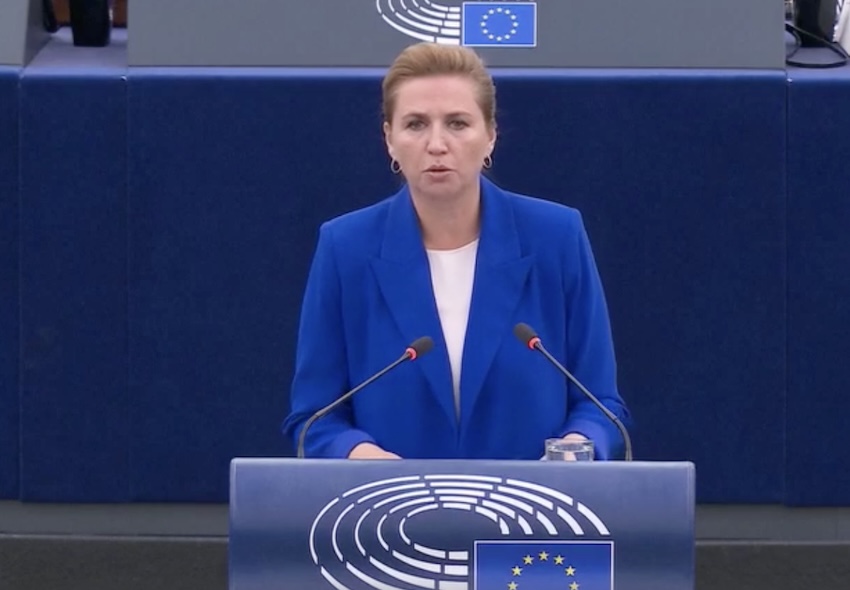
The digital transition, alongside the green transformation, is viewed as a cornerstone of competitiveness. By fostering sustainable innovation, Denmark hopes to ensure Europe’s resilience in the face of economic, technological, and political challenges. “We need to agree on an ambitious 2040 climate target,” Frederiksen declared, making clear that climate action and competitiveness must advance hand in hand.
Economic Growth and Long-Term Planning
The Danish Presidency will also work to secure robust and resilient European economies. Priorities include implementing EU fiscal rules, supporting national structural reforms, and mobilising private investment. Preparations for the next Multiannual Financial Framework (MFF) for 2028–2034 will be a focus, as will advancing work on the Omnibus proposals.
In addition, Denmark will guide discussions on the future of EU enlargement, regulation of major technology companies, protection of children online – including privacy-respecting age verification – and the strengthening of transatlantic relations.
Building on European Unity
Denmark assumes the Presidency as part of a trio with Poland and Cyprus. After Poland’s focus on security and competitiveness in the first half of 2025, Denmark is bringing renewed attention to climate and sustainability, without losing sight of Europe’s security imperatives.

The EU is confident that Denmark will conduct the presidency professionally and efficiently, navigating the Union through the complex landscape of global change. As Frederiksen underlined: “The EU must be strong, resolute, and ready to take responsibility for its own security, for its competitiveness, and for shaping the future of a rules-based international order.”
Denmark thus embodies the spirit of the European Union’s motto: ‘United in Diversity.’
Conclusion – A Strong Europe in a Changing World
From July to December 2025, Denmark’s leadership of the Council will be guided by the conviction that Europe’s strength lies in unity, democracy, social balance, and economic vitality. By turning words into action, the Danish Presidency aims to ensure that the EU remains a strong actor in a changing world.
Here, the wisdom of Jean Monnet remains timely: “Anything is possible in exceptional moments, as long as you’re ready.”
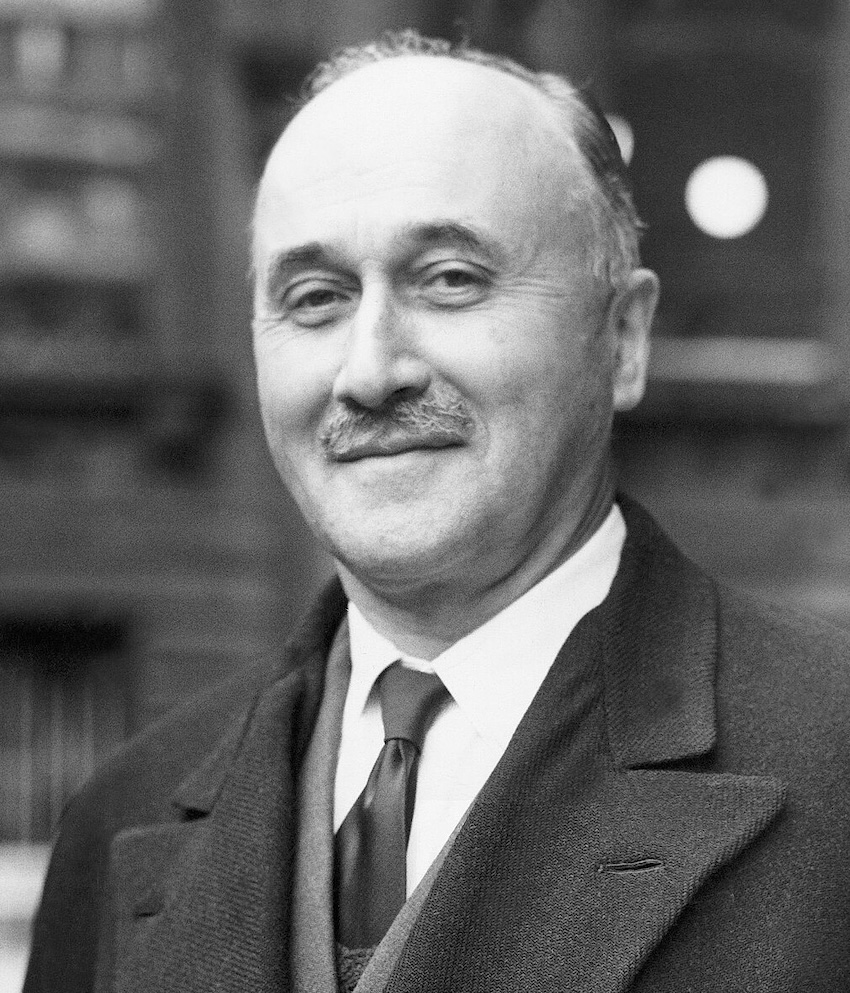
Embassy of Denmark Marked EU Presidency with a Garden Reception in Budapest
On 8 July, H.E. Christian Thorning, Ambassador of Denmark to Hungary, welcomed guests to a garden reception at his Residence to celebrate the opening of Denmark’s Presidency of the Council of the European Union, which will last until December 2025.
The vibrant event brought together Hungarian government officials, members of the diplomatic corps, representatives of civil society, the business community, and many friends of the Embassy and Denmark. The event reflected Denmark’s tradition of warmth and hospitality, as well as its commitment to dialogue, cooperation, and European unity.



In his remarks, Ambassador Thorning underlined that the Danish EU Presidency comes at a time when the Union faces a new international order marked by uncertainty, intensifying global strategic and economic competition, and a rising level of conflict. He stressed that Denmark will work for a strong and decisive European Union – one that takes responsibility for its own security and reinforces its competitiveness. The Embassy expressed its gratitude to all who joined the occasion and shared in marking this important moment for Denmark and the European Union. The event was made possible with the support of renowned Danish companies operating in Hungary.



Sources: Embassy of Denmark in Budapest, https://danish-presidency.consilium.europa.eu, www.eu2025.dk
Photos from www.eu2025.dk, www.danish-presidency.consilium.europa.eu, X Danish Presidency of the Council of the EU 2025, Embassy of Denmark in Budapest





